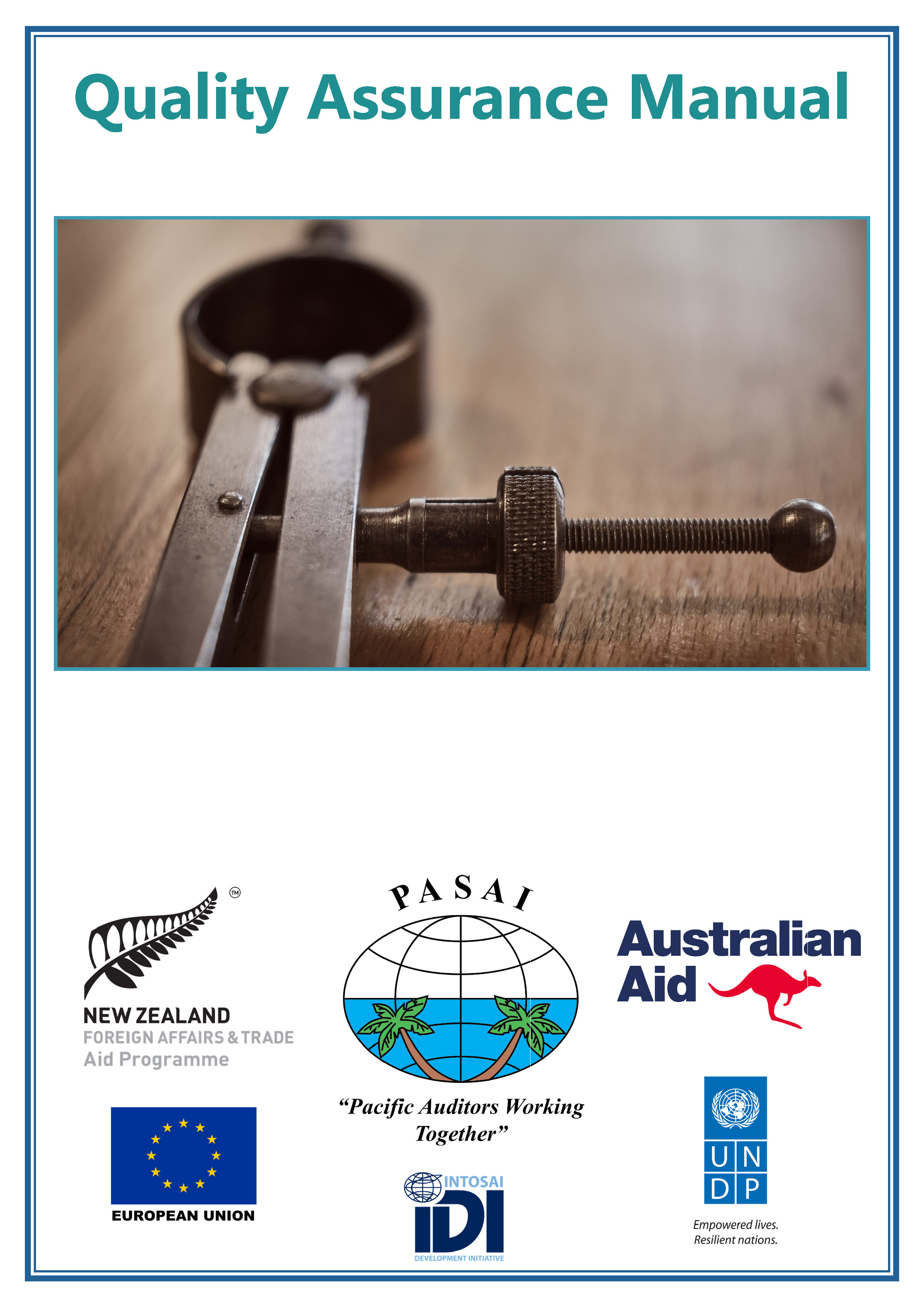28 April 2022
Auckland, New Zealand: The Pacific Association of Supreme Audit Institutions (PASAI) and the United Nations Development Programme (UNDP) are partnering to provide public finance management (PFM) refresher training to Pacific public auditors.
Forty-one participants (25 female, 16 male) from seven supreme audit institutions (SAIs) in the Federated States of Micronesia (FSM) National, FSM Pohnpei, FSM Yap, Samoa, Solomon Islands and Vanuatu have registered to participate in two, part-day workshops from 28 to 29 April 2022.
The course is for junior staff who might never have had the opportunity to learn about the basic principles of PFM and the more senior staff who would like to reflect on their past engagement with the budget cycle and how their SAI fits in it.
The online training will cover how SAIs’ audit work interacts with the frameworks, institutions and processes of the PFM system with a specific focus on oversight and accountability, entry points and rationale.
PASAI Chief Executive, Esther Lameko-Poutoa said, “This course will give participants an introduction to the basic principles of PFM which would be useful in designing appropriate audit methodology when auditing the financial statements of government including the independent external scrutiny of government expenditure in line with the budgets approved by parliaments.”
UNDP Team Leader for Effective Governance, Revai Makanje Aalbaek, added, “Public finance is often an intimidating term and actors outside the ministries of finance tend to assume they lack legitimacy when engaging on the topic.
“Understanding how oversight agencies such as the Auditor General fits into the frameworks and processes is a first step to build confidence of the auditors to engage throughout the cycle of the budget.
“The Public Finance Modules were developed by UNDP to ensure that all stakeholders are equipped with the basics and see where their technical contribution fits,” she said.
The course is organised by the UNDP Strengthening of Public Finance Management and Governance in the Pacific (PFM) Project, which aims to strengthen oversight over public financial management in the Pacific region though improving the budgetary scrutiny, public financial oversight and accountability capacities of parliaments, SAIs and civil society within the region, aligning with international public financial oversight and accountability standards, and fostering citizen engagement and oversight.
This PFM Project is funded by the European Union and implemented by UNDP in collaboration with PASAI and the Pacific Islands Association of Non-governmental Organisations (PIANGO).
PASAI acknowledges the support of the New Zealand Ministry of Foreign Affairs and Trade (MFAT) and the Australian Department of Foreign Affairs and Trade (DFAT).
-----END----
Contact information:
Esther Lameko-Poutoa, Chief Executive PASAI, Auckland, New Zealand
E: secretariat@pasai.org P: +64 9 304 1275
PDF version of this media release














